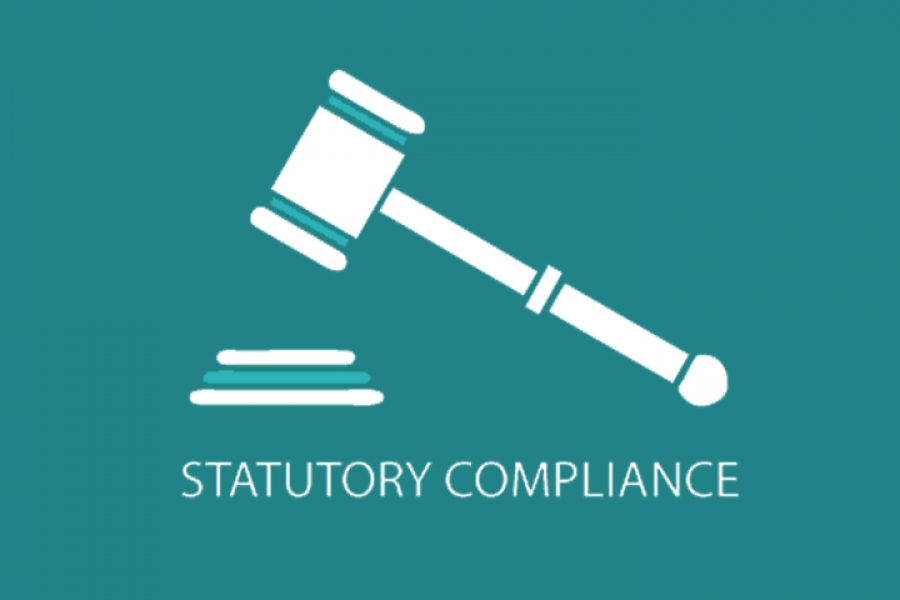To help you, we have provided a bullet point list of the key requirements as of May 2024. As more changes arise and are brought to our attention we will update this page accordingly. Note, for technical accuracy, some of the content below is taken directly from the GOV.UK website for which we provide a link here. We also outline how we help to show this information on your website.
Introduction (please read!)
We have spoken to a small number of lead OFSTED inspectors about our approach to the delivery of key and statutory information within the website. Note that Ofsted itself does not stipulate what you must publish on your website but they do check that your school complies with the statutory requirements and that the data provided on the site is appropriate to provide a clear reflection of the school.
How you show that information is for you to decide.
What maintained schools must publish online
As of May 15th 2024, the following is a complete list if requirements. New (or recent) additions to these requirements are shown in bold.
- Contact details
- Admission arrangements
- School uniforms
- Ofsted reports
- Test, exam and assessment results
- Performance measures website
- School opening hours
- Curriculum
- The requirement to publish a music development plan by Sep 2024 (template provided on DfE website.)
- The requirement to publish the most recent Key Stage (KS2) results - this was dropped during Covid but is now back.
- Remote education
- Behaviour policy
- Pupil premium and recovery premium
- PE and sport premium for primary schools
- Public sector equality duty
- Special educational needs and disability (SEND) information
- Careers programme information
- Complaints procedure
- Governors’ information and duties
- Financial information
- Charging and remissions policies
- Values and ethos
- Requests for paper copies
There are many additional notes for these topics. Please use the link below.

